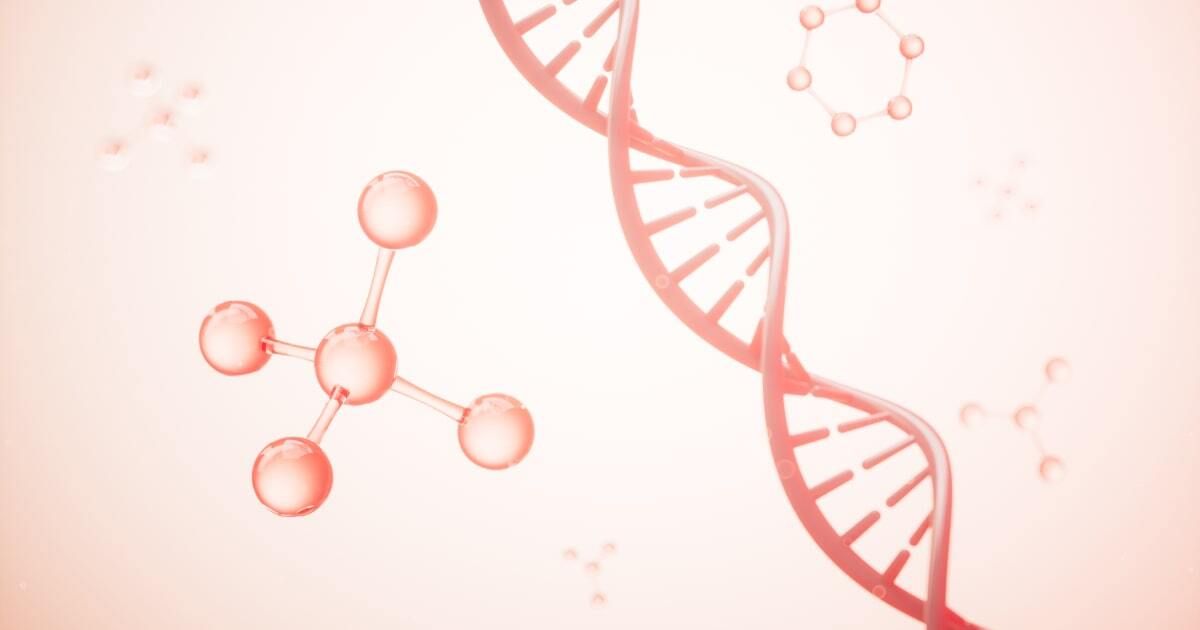Decoding CBS-Related Hyperhomocysteinemia: Understanding, Diagnosing, and Harnessing Genetic Testing

Expert Reviewed By: Dr. Brandon Colby MD
Understanding CBS-Related Hyperhomocysteinemia
Hyperhomocysteinemia (HHcy) is a medical condition characterized by elevated levels of homocysteine in the blood. This can lead to an increased risk of blood clot formation and thrombotic events, such as deep vein thrombosis, pulmonary embolism, and stroke. CBS-related HHcy is caused by a deficiency in the enzyme cystathionine beta-synthase (CBS), which is responsible for the metabolism of homocysteine. This deficiency can result from genetic mutations in the CBS gene, leading to reduced enzyme activity and the subsequent accumulation of homocysteine in the blood [1].
Diagnosing CBS-Related Hyperhomocysteinemia
The diagnosis of CBS-related HHcy involves a combination of clinical assessment, laboratory tests, and genetic testing. Clinical assessment includes evaluating the patient’s medical history, symptoms, and risk factors, such as high blood pressure, smoking, and a family history of blood clotting disorders. Laboratory tests measure homocysteine levels in the blood, with elevated levels indicating the presence of HHcy. However, to confirm the diagnosis and identify the underlying genetic cause, genetic testing is necessary [4].
Uses of Genetic Testing for CBS-Related Hyperhomocysteinemia
Confirming the Diagnosis
Genetic testing is crucial for confirming the diagnosis of CBS-related HHcy. It involves analyzing the patient’s DNA to identify mutations in the CBS gene that may be responsible for the enzyme deficiency. This information can help healthcare providers determine the most appropriate treatment options and management strategies for the patient [4].
Identifying At-Risk Family Members
CBS-related HHcy is an inherited condition, meaning that family members of affected individuals may also carry the genetic mutations responsible for the disorder. Genetic testing can help identify at-risk relatives who may benefit from early intervention and preventive measures, such as dietary modifications, vitamin supplementation, and lifestyle changes to reduce the risk of thrombotic events [1].
Guiding Treatment and Management
The results of genetic testing can provide valuable information for healthcare providers to develop personalized treatment and management plans for patients with CBS-related HHcy. For example, individuals with specific genetic mutations may benefit from targeted therapies, such as enzyme replacement or gene therapy, to address the underlying enzyme deficiency. Additionally, genetic testing can help identify patients who may require closer monitoring and more aggressive interventions to prevent thrombotic complications [3].
Informing Reproductive Decision-Making
Couples who are carriers of CBS gene mutations may be at risk of having children with CBS-related HHcy. Genetic testing can provide important information for family planning and reproductive decision-making, allowing couples to make informed choices about their options, such as prenatal testing, preimplantation genetic diagnosis, or adoption [2].
Conclusion
CBS-related hyperhomocysteinemia is a complex and potentially life-threatening condition that requires a comprehensive approach to diagnosis and management. Genetic testing plays a critical role in confirming the diagnosis, identifying at-risk family members, guiding treatment and management, and informing reproductive decision-making. By harnessing the power of genetic testing, healthcare providers and patients can work together to improve outcomes and reduce the risk of thrombotic complications associated with this disorder.
About The Expert Reviewer
Dr. Brandon Colby MD is a US physician specializing in the personalized prevention of disease through the use of genomic technologies. He’s an expert in genetic testing, genetic analysis, and precision medicine. Dr. Colby is also the Founder of and the author of Outsmart Your Genes.
Dr. Colby holds an MD from the Mount Sinai School of Medicine, an MBA from Stanford University’s Graduate School of Business, and a degree in Genetics with Honors from the University of Michigan. He is an Affiliate Specialist of the American College of Medical Genetics and Genomics (ACMG), an Associate of the American College of Preventive Medicine (ACPM), and a member of the National Society of Genetic Counselors (NSGC)